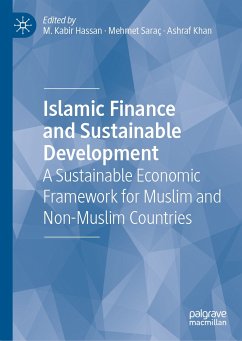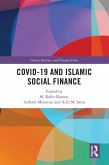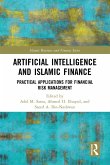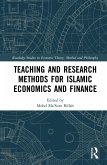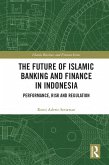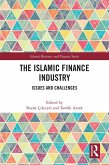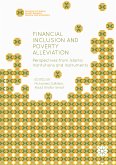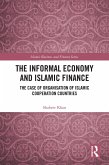M. Kabir Hassan is a Professor of Finance in the Department of Economics and Finance at the University of New Orleans, USA, where he currently holds two endowed Chairs-Hibernia Professor of Economics and Finance and Bank One Professor in Business. He was the University of Louisiana System's outstanding faculty member for 2019. Dr. Hassan is the winner of the 2016 Islamic Development Bank (IsDB) Prize in Islamic Banking and Finance.
Mehmet Saraç helped establish the Centre for Islamic Economics and Finance at Istanbul University and was the director until 2019. He currently teaches corporate finance, Islamic finance, capital markets and institutions, and other related courses. His recent publications are concentrated in Islamic economics and finance. He is also a member of advisory boards at several institutions including Türkiye Emlak Participation Bank, International Council of Islamic Finance Educators (ICIFE), and Research Centre for Islamic Economics (IKAM).
Ashraf Khan is an Assistant Professor of finance at the Institute of Business Administration Karachi, Pakistan. He received his PhD in Managerial and Actuarial Sciences from University of Udine, Italy, and double degree master's degree in finance from the University of Siena, Italy and University of Ljubljana, Slovenia. He has published several articles in internationally reputable journals such as International Review of Economics and Finance, Research in International Business and Finance, Global Finance Journal, etc. He is also the Associate Editor of the Journal of Economic Cooperation and Development and the International Journal of Islamic and Middle Eastern Finance and Management.
Dieser Download kann aus rechtlichen Gründen nur mit Rechnungsadresse in A, B, BG, CY, CZ, D, DK, EW, E, FIN, F, GR, HR, H, IRL, I, LT, L, LR, M, NL, PL, P, R, S, SLO, SK ausgeliefert werden.

